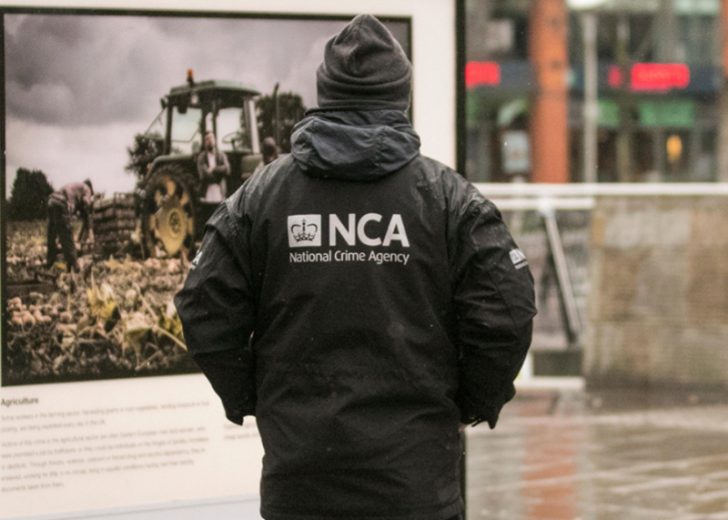A Decline in Lawyers’ Reports
The foremost law enforcement agency in Britain, National Crime Agency, claims that lawyers are refusing to help in the stoppage of money laundering activities. The agency further claims that the law firms have also repeatedly ignored the warnings to intensify reporting of such suspicious activities perpetrated by their clients.
NCA’s director of economic and cybercrimes, Donald Toon, stated that there has been a ten percent decline in the total number of money laundering reports from lawyers since the year began. This occurrence took place amid the series of money laundering scandals that have caused London to earn the title of the capital of money-laundering activities in the world.

While casting doubts on the ability of lawyers to take their obligations with sufficient seriousness, Toon stated that the agency has not been getting the expected level of reports from law firms, even when the agency has issued warnings to that effect. He added that the agency was collaboratively working with the regulatory authority for solicitors in a bid to fish out the lawyers who were not adhering to the stipulated rules.
NCA Legislations
Earlier this year, Linklaters, a City firm, was censured as a result of its role in acting as the legal adviser for the public listing of a company owned by Oleg Deripaska, a Kremlin insider, a couple of months before the oligarch was included on the US government’s sanctions list.
The firm noted that its Moscow team of 70 members included twelve partners and they operated under maximum standards. Further, the firm claimed that it also adhered to every regulation in place for the prohibition of anti-money laundering and corrupt practices.
Sources claim that the Agency’s investigators are saddled with the responsibility of investigating a wide range of problems.
So far in 2018, NCA has introduced its first set of prosecutions launched under the novel unexplained wealth legislation targeted at non-European Union nationals. This legislation is projected to ease the Government’s process of seizing UK properties as well as any other asset that is suspected to have been acquired from the proceeds of corruption and crime.

Toon noted that successive governments over time have all wanted to keep the United Kingdom open as an inviting market. That move, according to him, has been accompanied by real opportunities as well as attendant risks. He highlighted that the crucial thing is striking the right balance.
Suspicious Activity Report
In practice, solicitors, likewise some other professionals operating in specific sectors are required by law to file a suspicious activity report, i.e. SAR. They are expected to file this report in any circumstance when there are grounds to reasonably suspect that their clients are asking them to get involved in handling the proceeds of crimes or transactions that have links with terrorist finance. The professionals required to file SAR includes accountants, banks, tax advisers, auction houses, estate agents, money transfer outlets and bookmakers.
Reports indicate that there has been a decline in the filing of such alerts by lawyers even as the total number of alerts raised keeps increasing. NCA reported that the overall reports rose by 9.6% up till March 2018. A cursory look at reports from past periods indicates that there is a decline in reports made by lawyers as compared to those in finance.
For the year up till March 2017, banks allegedly reported close to 350,000 suspicious transactions. However, law firms, with the inclusion of specialists in property conveyancing, only filed 3,020 alerts.
Toon noted that there is a challenge in engaging the several law firms for the promotion of the desired understanding level about the reporting regimes as compared to other sectors that have a smaller number of players.

Sources claim that the Panama papers which were disciplinary actions on the holders of secret Swiss accounts by America’s tax office, as well as the series of fines, levied on Standard Chartered and HSBC have led to an annual surge in the total SARs reported.
Not only did the scandals expose the wrongful activities of banks, but it also showed the part played by accountant and law firms in allowing the infusion of the proceeds gotten from crime operations into the legal banking system. However, regardless of the increased scrutiny, alerts raised by lawyers have still declined by a nearly 10 percent since the year 2015.
The Office for Professional Body Anti Money Laundering Supervision was created in January as a result of the various concerns about the continued failure to keep money laundering activities in check. This body serves as the watchdog for about 22 organizations with the inclusion of Association of Tax Technicians.




